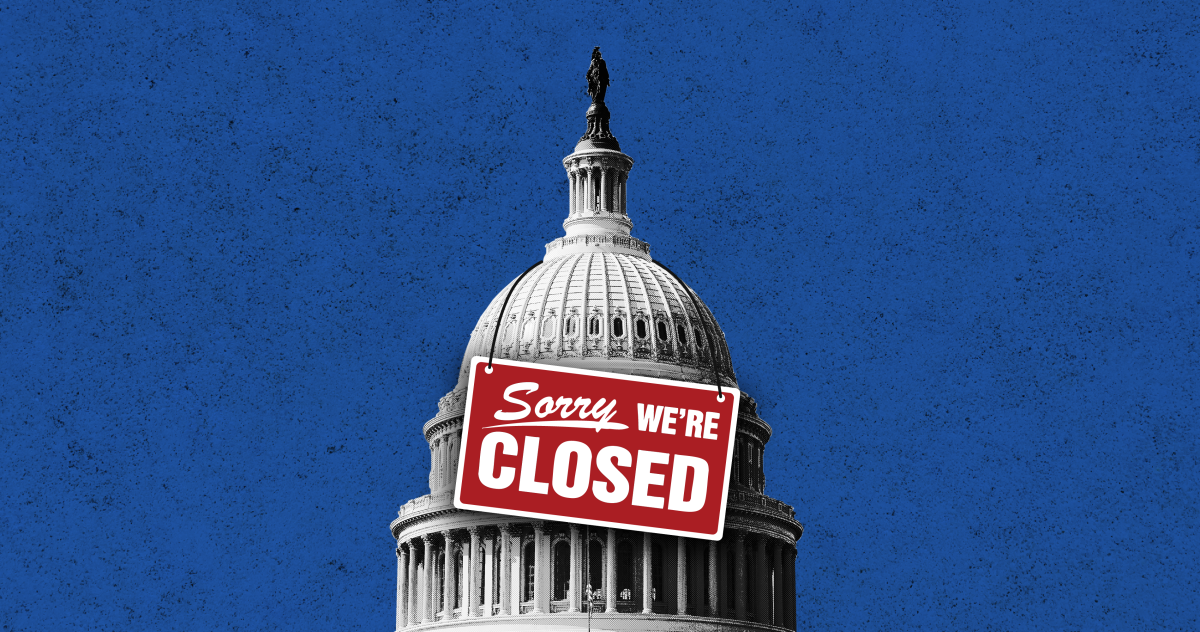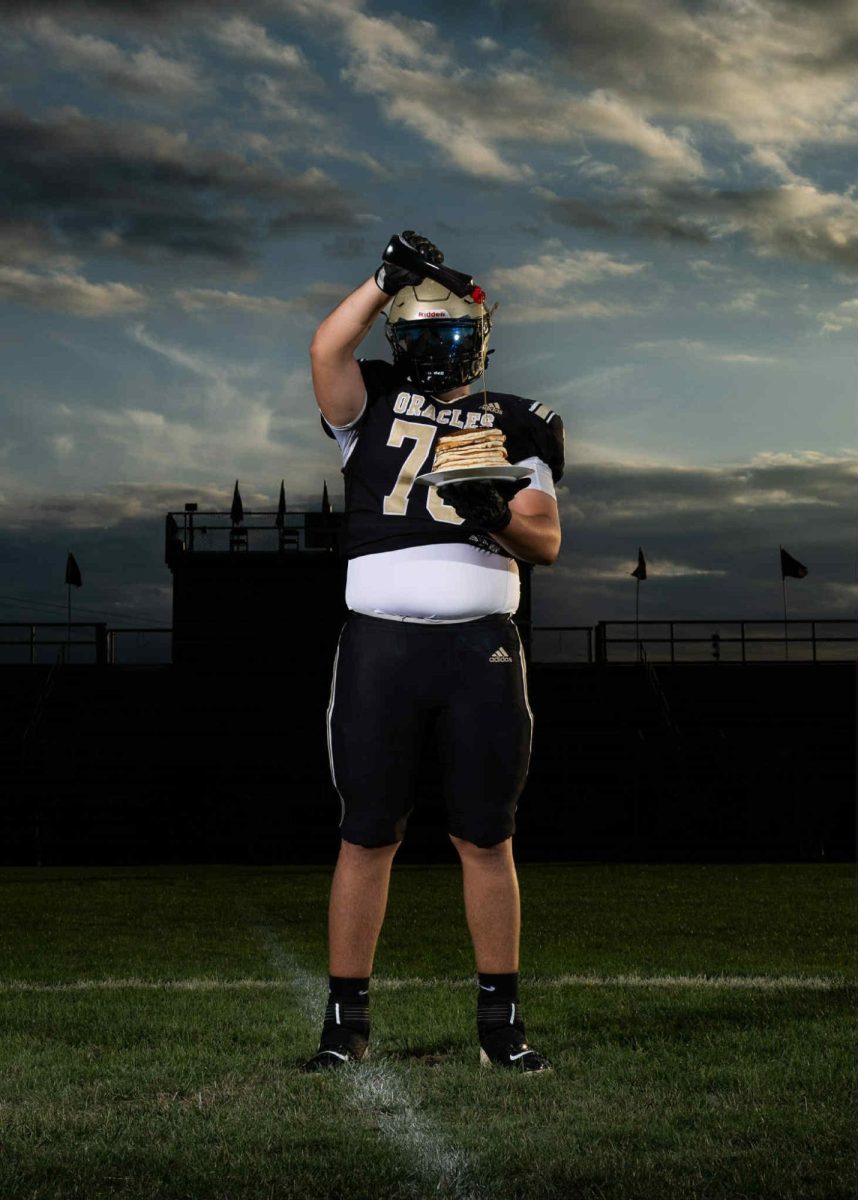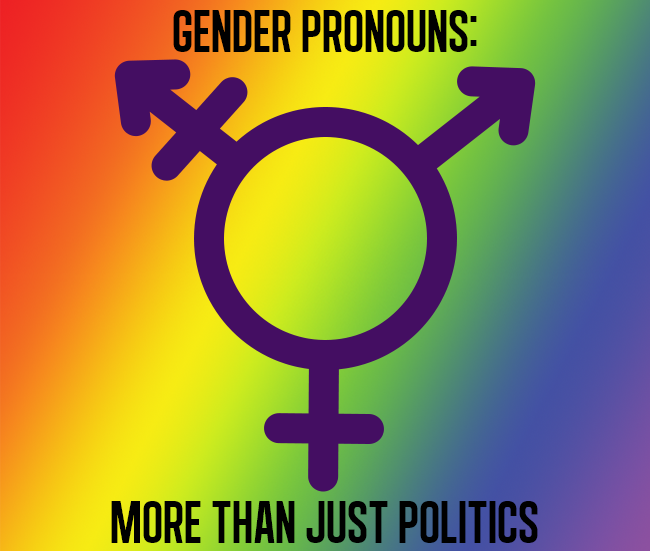Gender pronouns: more than just politics
The use of gender pronouns is an emerging movement within the LGBTQ+ community that has quickly become more than just a movement; it has become political. In today’s world that means that it is met with controversy.
The first question that comes to mind: Why do gender pronouns have to be political?
On the first day of school I had a teacher address the issue of preferred gender pronouns within a google form. I found this thoughtful and seemingly harmless. I use pronouns placed on me from birth, but I know others may not. The teacher in question just wanted her students to feel comfortable in their learning environment. However, many of the students in my class thought that this action was unnecessary and they disregarded it, some because of political beliefs, others citing religious beliefs.
However, I think that this issue is beyond our individual belief systems. Senior economics teacher Mr. Tonsoni started off the school year by encouraging his students to be tolerant of one another and remember that “we are all in the same boat.” This might seem like a simple phrase at first, but after more contemplation you realize that there is more to this statement than just a few words. We are all in this together. Think about that for a moment; truly take a second to think about it.
Everyone in this world is needed to make it function smoothly. That co-worker you don’t like, you have to work with them to accomplish your job. The person you sit by in math class that is loud, well you might need their help to pass that class.The homeless guy on the street, he might become a billionaire or a famous writer. So, why must we deny people from expressing themselves in ways different from us?
Simon Voorhies, a freshman at DCHS, was born a female but identifies as a male. He has a wonderful personality and is a talented artist. His experiences have varied with both positive and negative responses. He stated, “A lot of people don’t understand it, but I feel more comfortable identifying as a male. Also, I’m not political at all. I’m just more comfortable using he/him pronouns.”
But what about the people who are uncomfortable with the use of preferred gender pronouns? Simon stated, “I think that it is just unreasonable not to allow people to choose their pronouns. You can choose your nicknames, how you dress, and what you read. You can guess what someone’s body is, but you can’t know for sure. So, just call them what they want to be called. Like my sister, she doesn’t like the nickname Izzy, so we don’t call her Izzy.”
In the end you might not agree with it, you might not even believe in it: however, we must still respect those who wish to use different pronouns. Respect can be shown by listening to someone’s desires and being kind. Remember the golden rule: treat others the way you want to be treated.
We were taught this fundamental rule as children; however, with emerging political debates and the idea that things have to be one-sided, we forget these fundamental things. We forget to be kind and to respect people as individuals. Properly addressing an individual is about more than just politics, it’s about having respect for people. We are all in the same boat after all.

Ava is a senior at Delphi Community High School and is in her third year of Parnassus. She is a member of the DCHS plays, musicals, and French club. She...















Nancy Marchand • Sep 12, 2021 at 7:06 pm
Well said, Simon!